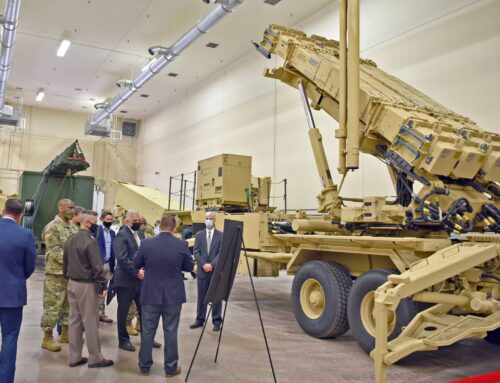Last Summer, the United States Marine Corps began taking a hard look at its force structure with an eye to “adapting capabilities to properly shape the Marine Corps’ contributions to naval warfare and the joint force. These planning efforts led to a modernized design which incorporates emerging technologies and significant changes I force structure to deliver a Marine Corps the nation needs by 2030.”
There is a lot to ponder in the list of structural changes outlined in the Marine Corps’ press release on this effort. Among the biggest changes are divestment of Law Enforcement Battalions, Tank Battalions and Bridging Companies. The number of infantry battalions will drop from 24 to 21, artillery cannon batteries from 21 to 5, along with other major changes to transform from “…a legacy force to a modernized force with new organic capabilities.”
We’ll be writing more about this massive transformation, and whether the stakeholders in Congress will actually allow such changes, in the coming months. Today, we’re focusing on the mother of all Pentagon procurement programs, the F-35!
In February, the Pentagon offered up a reprogramming of funds appropriated for DoD programs to be spent, instead, on barriers at the southern border. We wrote about it at the time and pointed out that the Marine Corps was offering up two of its F-35s for that reprogramming. We said at the time that this was likely the end result of the Congress larding up the FY2020 Pentagon spending bill with an additional 20 F-35s that the Pentagon never asked for. This included 6 more aircraft than what was in the original Marine Corps request.
This sudden willingness to give up some F-35 airframes is now more understandable. The Marine Corps’ “New Force Design Initiatives” includes this line: “The Marine Corps will reduce the Primary Aircraft Authorized per squadron of F-35B and C aircraft from 16 to 10.”
It’s exceedingly rare when a military service says, “We need less of something.” Here’s hoping the Congress will listen. A good start would be for the Joint Strike Fighter Caucus on Capitol Hill to revise its recent demand for additional F-35s in the FY2021 budget process.
But we won’t be holding our breath.











Get Social